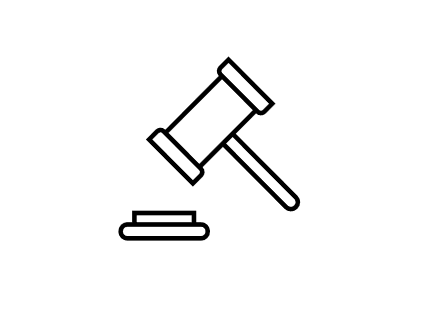EU Platform Workers Directive?

The EU Platform Workers Directive is a new regulation designed to improve the rights and working conditions of individuals who work through digital platforms, such as websites or mobile apps. It introduces new protections for platform workers, ensuring fairer treatment and stronger employment rights.
Who is a Platform Worker?
A platform worker is someone who performs tasks or provides services arranged through a digital platform. Examples include food delivery riders, ride-hailing drivers, or freelance professionals offering services through apps or websites. These platforms often manage assignments, payments, and reviews, influencing how the work is carried out.
What Does the Directive Mean for Platform Workers?
This directive is a significant step forward for anyone working through digital platforms. Key changes include:
- Presumption of Employment: Workers may now be considered employees if platforms control their working conditions. This provides access to employee protections like sick leave, fair pay, and social benefits.
- Algorithmic Oversight: Platforms can no longer rely solely on automated systems to make major decisions, such as dismissals or changes to work conditions, without human involvement.
- Data Protections: The directive imposes stricter rules on how platforms collect and use workers' personal data.
What Does This Mean for Platform Workers in Ireland?
These changes could offer greater rights and protections for platform workers in Ireland, especially given recent legal shifts emphasizing platform control as a determinant of employment status.
Need Help Understanding Your Rights?
Contact us for advice and support on how this directive impacts you and your rights as a platform worker.
⚠️ Disclaimer: This post provides general information and is not legal advice. Consult a member of the workplacedisputes.ie team for specific guidance.
